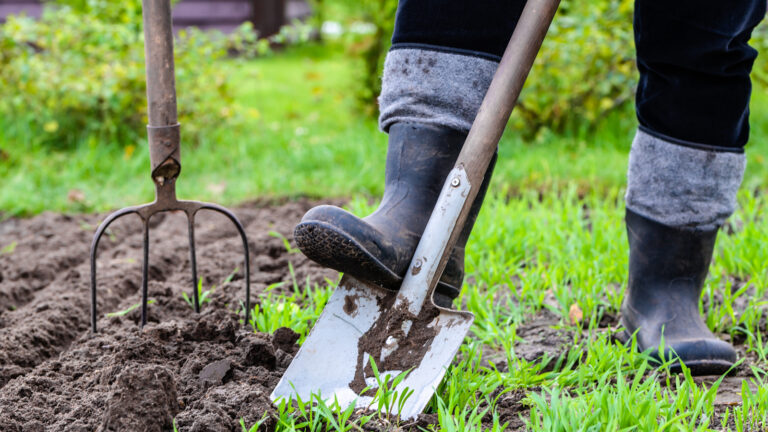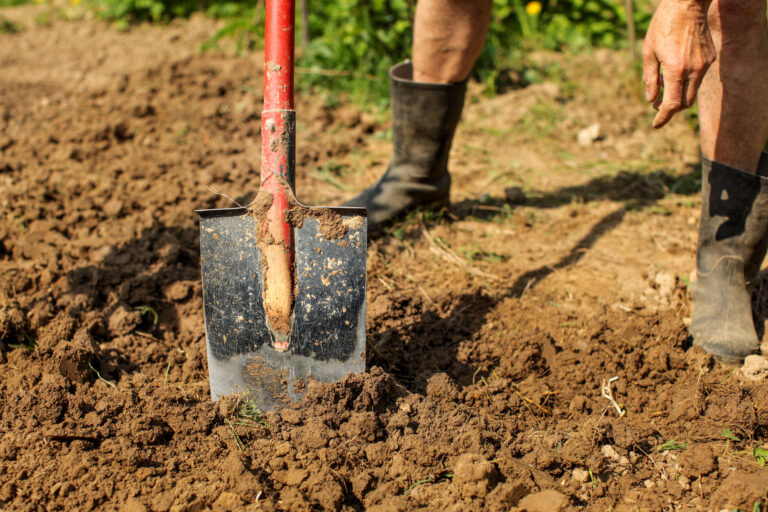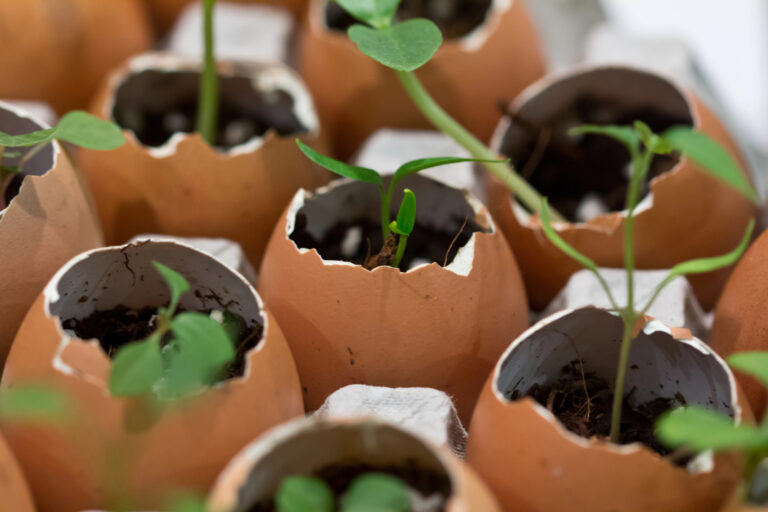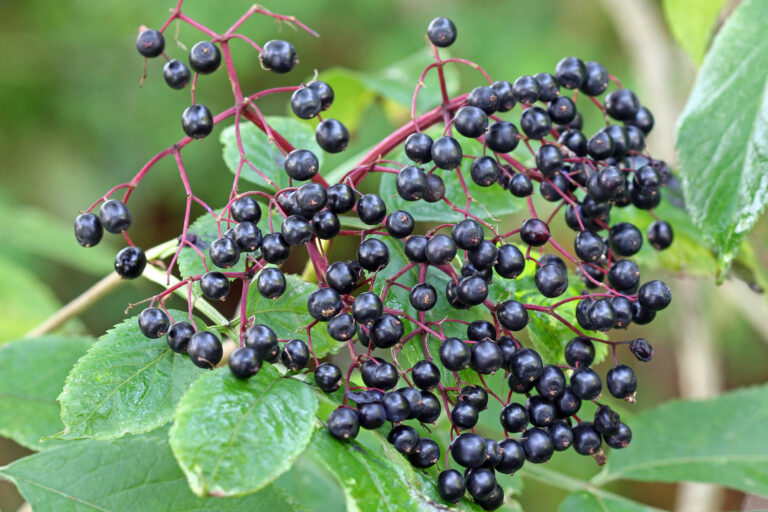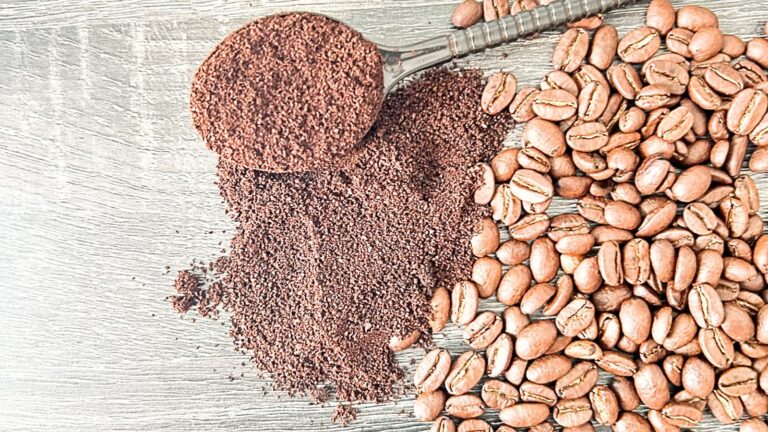This post may contain affiliate links.
Mulching your vegetable garden is an important task that helps to protect your plants, conserve water, and fight off weeds. However, buying mulch from a garden store can quickly increase costs, especially if you have a big garden.
Simply put, mulching means putting a layer of material over your soil. This practice is vital in vegetable gardening as it maintains cool soil temperatures, suppresses weed growth, and keeps the soil moist. It’s a must-do for vegetable gardens because it leads to healthier plants and better harvests.
There are many different materials you can use for mulching, but not every type is good for every garden – and not all are affordable. Choosing the right mulch can mean less watering and weeding, giving your plants the extra nutrients they need to grow well.
Here are the ten best mulch options for lush vegetable gardens.
Compost

Compost is an especially good mulch for vegetable gardens because it not only improves the soil but also provides plants with essential nutrients. In particular, compost is great to add to soil high in clay, as it helps to loosen the soil and improve drainage.
Compost should be added by spreading a layer on top of the soil and then tilling it in. You can also work it into the top few inches of the soil with a shovel or rake.
Related: How to Improve Clay Soil for Gardening
Shredded Leaves

Using shredded or dead leaves as mulch can naturally fertilize the soil, slowly releasing nutrients without synthetic fertilizers.
Related: How to Mulch a Vegetable Garden
Fresh Cut Grass

Chemical-free, fresh-cut grass is a nitrogen-rich mulch, particularly beneficial for leafy green vegetables. It aids in weed suppression and moisture retention in the soil. Ensure it’s spread thinly to avoid water retention issues.
Related: 7 Natural Ways to Add Nitrogen to Your Garden Soil
Bark and Wood Mulch
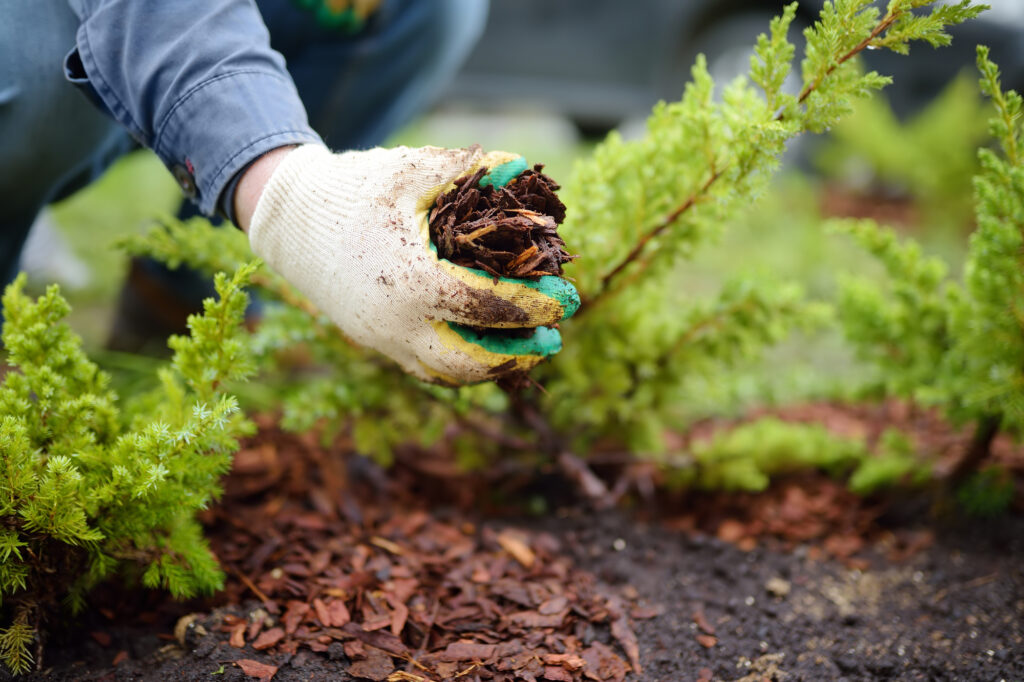
Bark or wood mulch is a durable option for vegetable gardens, effectively suppressing weeds and enhancing soil structure over time.
Stones and Gravels

Stones and gravel offer a durable mulching solution that excels in weed suppression. Though potentially costly, they are ideal for permanent pathways or decorative garden areas.
Garden Fabric or Burlap

Garden fabric, burlap, or large coffee bean bags can also be used in vegetable gardens. Installing landscape fabric can prevent weeds from growing. It’s best used in garden beds where you don’t plan on planting annuals or in areas around shrubs and trees.
Sawdust

Untreated sawdust can be a suitable mulch for garden paths and around established plants. However, it’s important to avoid thick applications close to plant stems due to its tendency to compact.
Newspaper

When used beneath another mulching material, newspapers can suppress weeds while decomposing to improve soil structure.
Pine Needles

Pine needles, or pine straw, are excellent for mulching, particularly around acid-loving plants. They decompose slowly, adding acidity to the soil.
Cardboard Boxes

Cardboard boxes are easily available and recyclable. They can serve as effective mulch by suppressing weeds and eventually decomposing to enhance soil quality.
How to Start a Herb Garden from Scratch
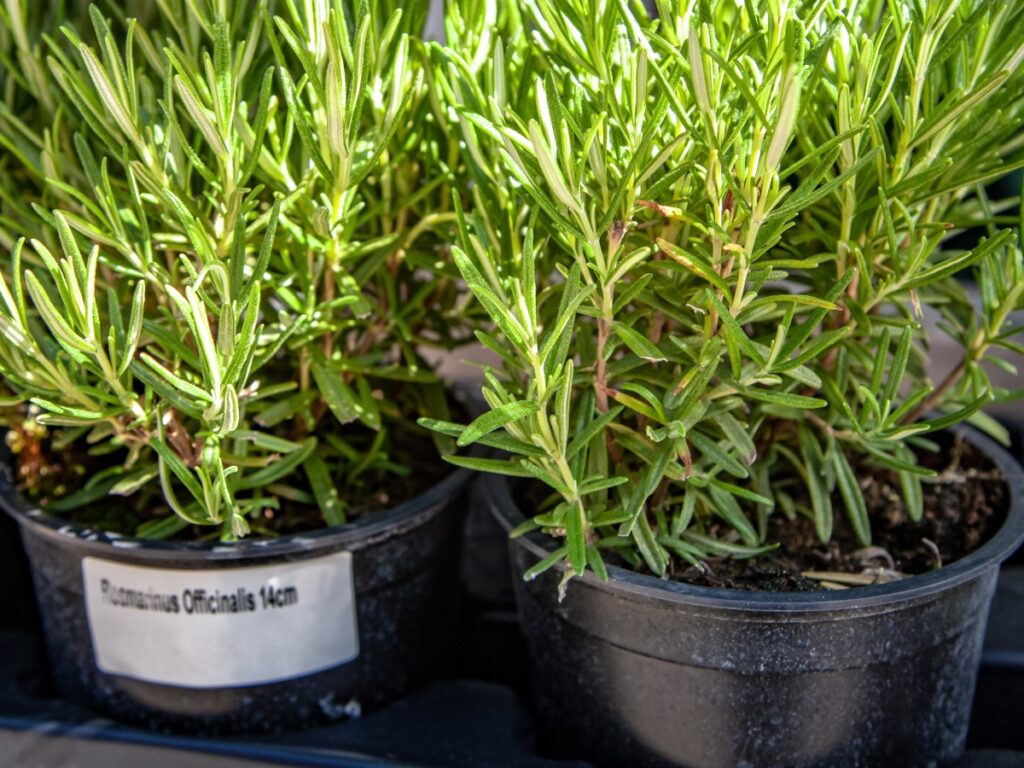
Growing something as simple as our own herbs is a huge step towards sustainability. You can begin the process in a small space in the kitchen or backyard with some of your favorite herbs. Here are some simple but practical steps to get you started on your own herb garden.
How to Start a Herb Garden from Scratch
28 Budget-Friendly Front Yard Ideas for Stunning Curb Appeal
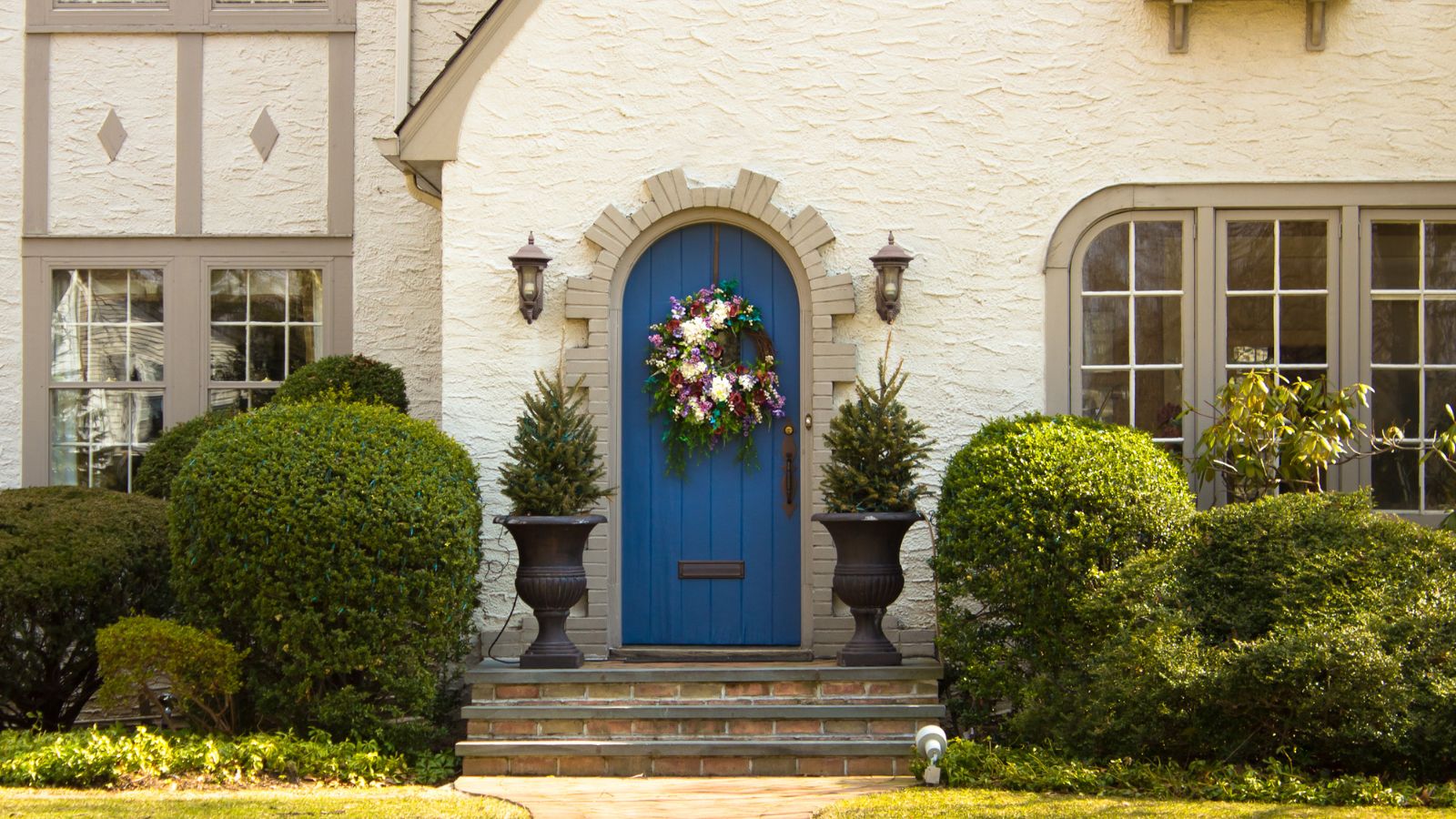
Improving your home’s curb appeal not only presents well but can also boost your home’s value. And even if you are on a tight budget, with simple yet affordable ideas, you can have your front yard looking like a star in no time. Here are 28 to give your front yard the attention it deserves and transform it into a beautiful and inviting space you can be proud of.
28 Budget-Friendly Front Yard Ideas for Stunning Curb Appeal
Plants to Grow Now for a Mosquito-Free Summer
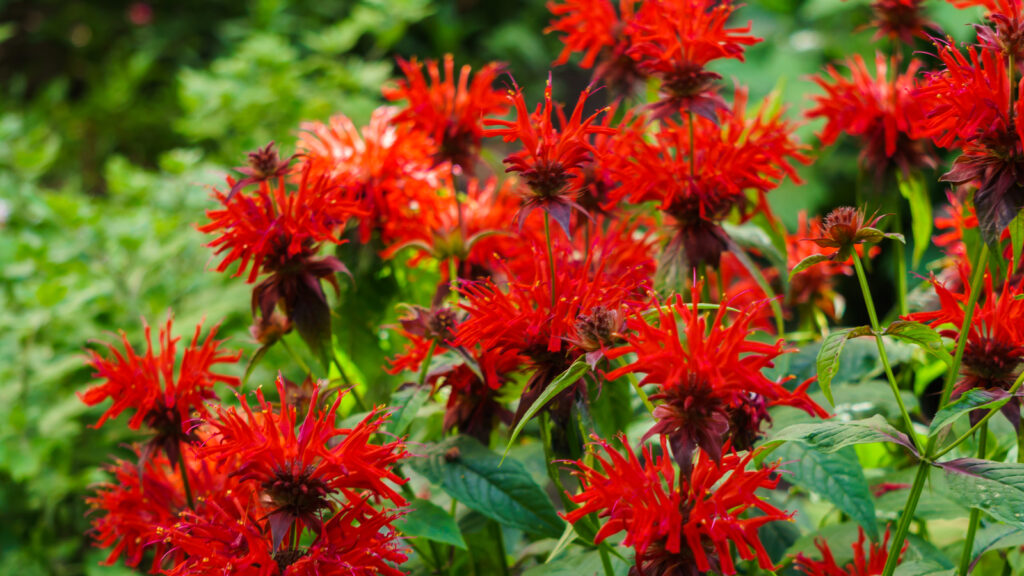
Here are some of the best plants that you can grow in your yard to help keep the mosquitoes at bay.
